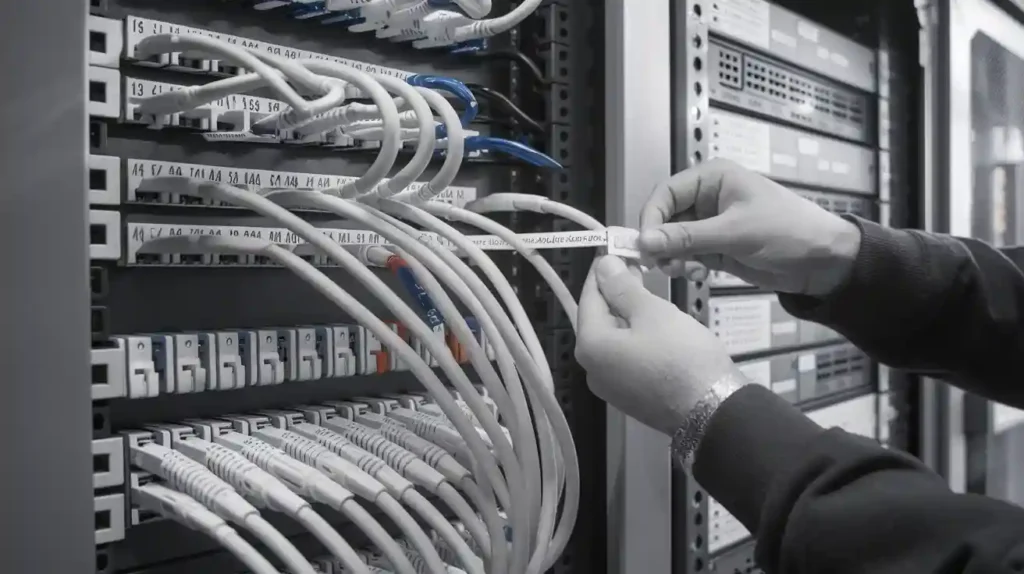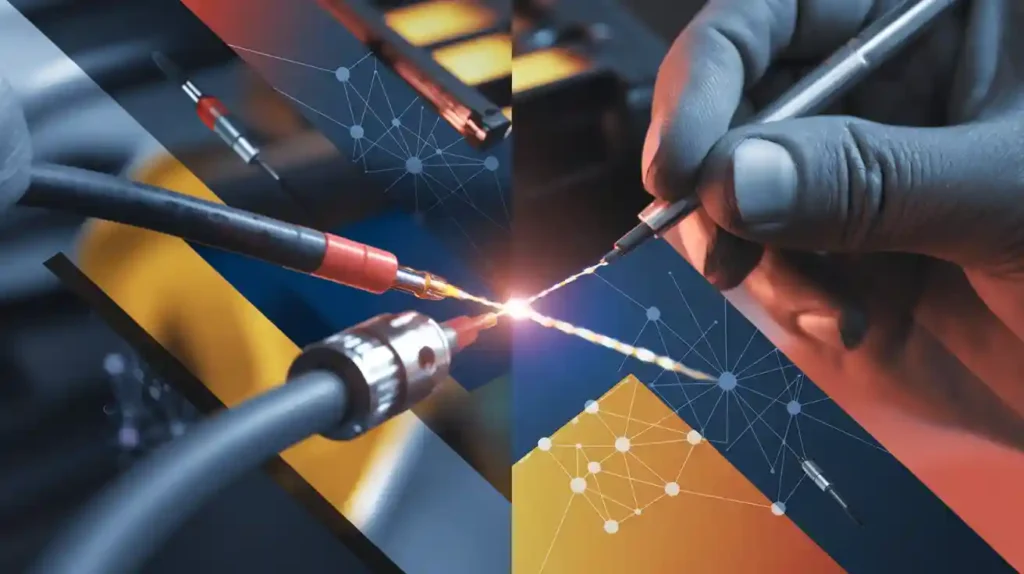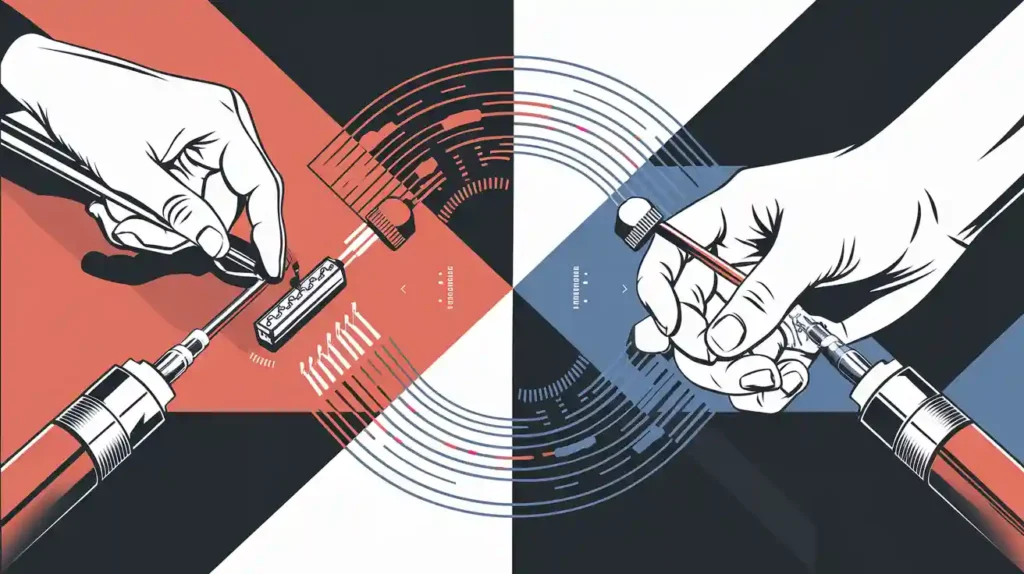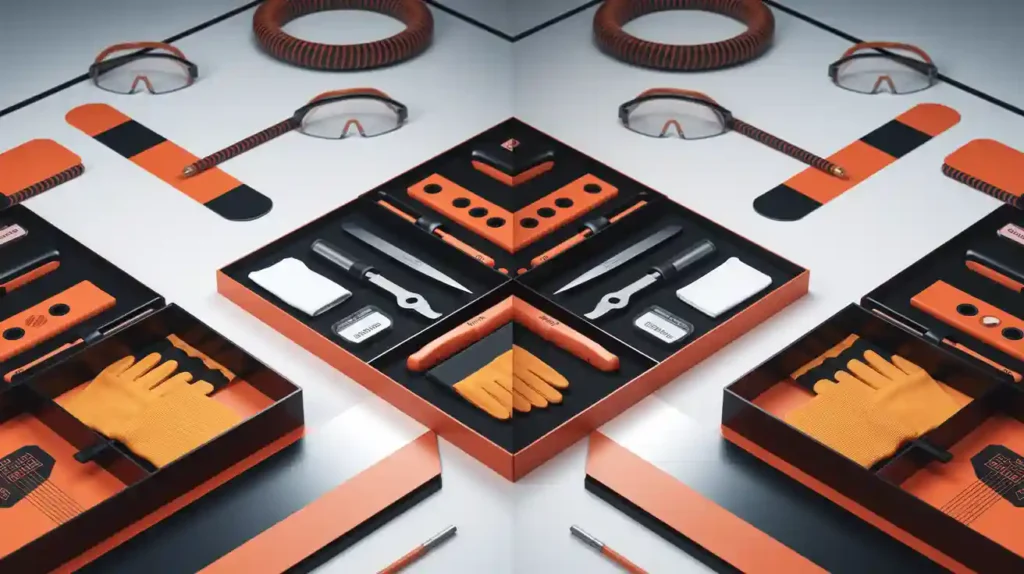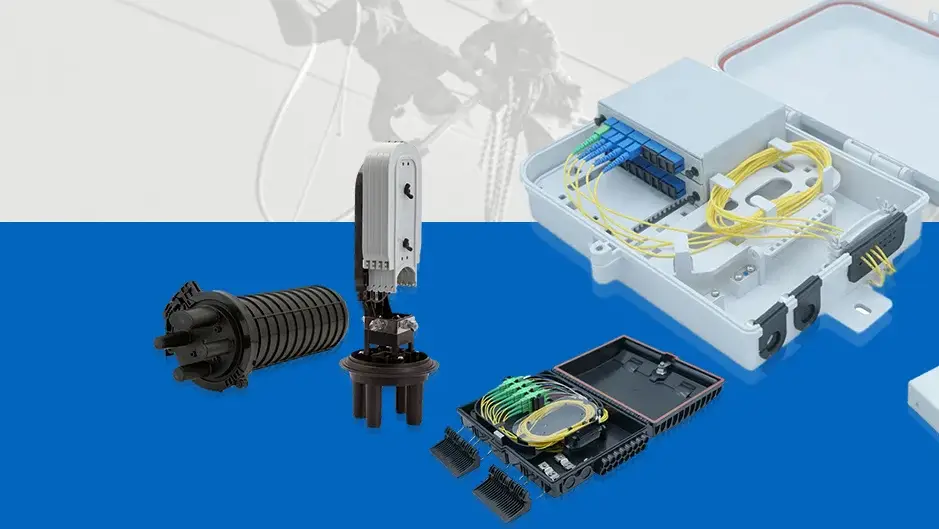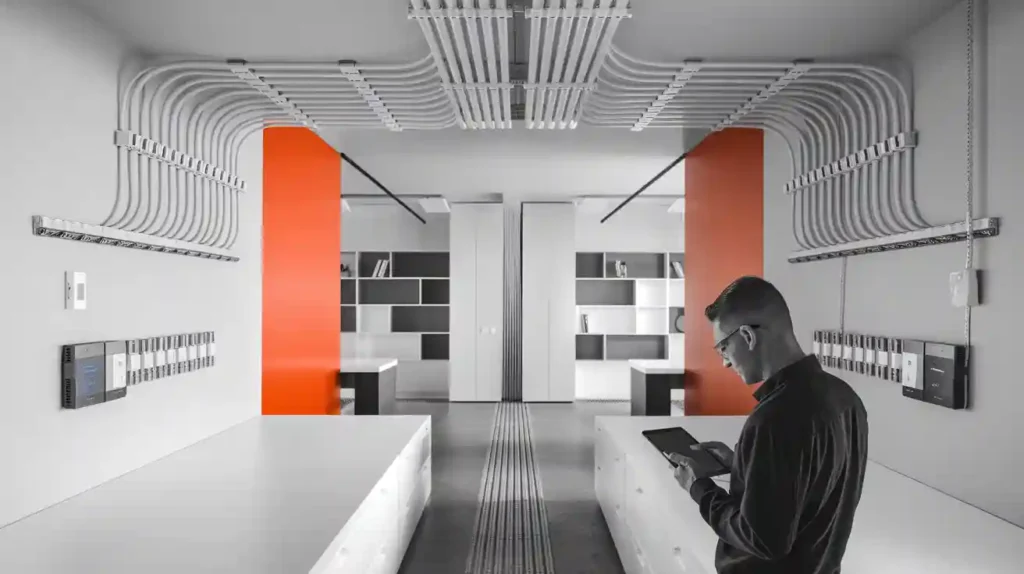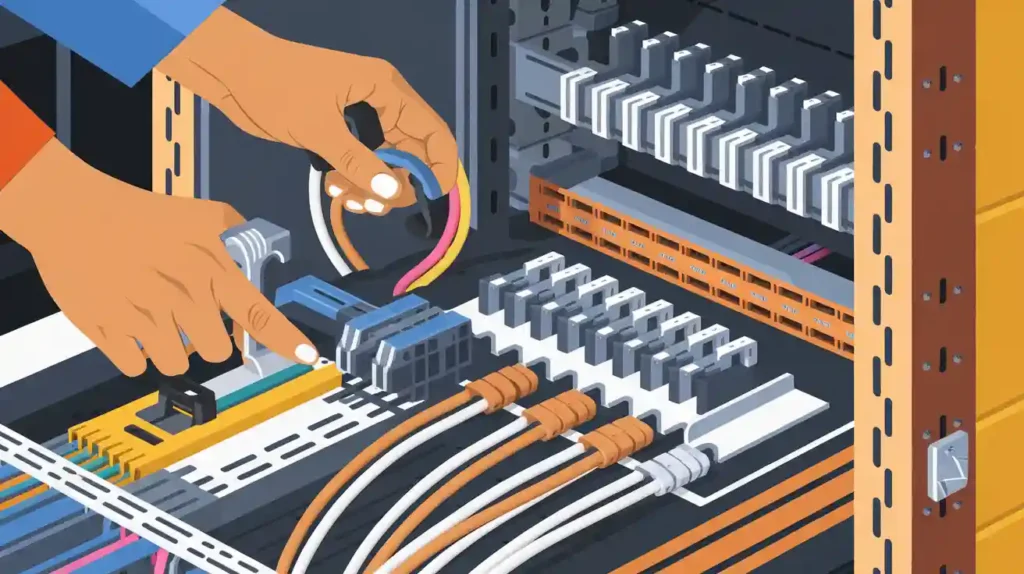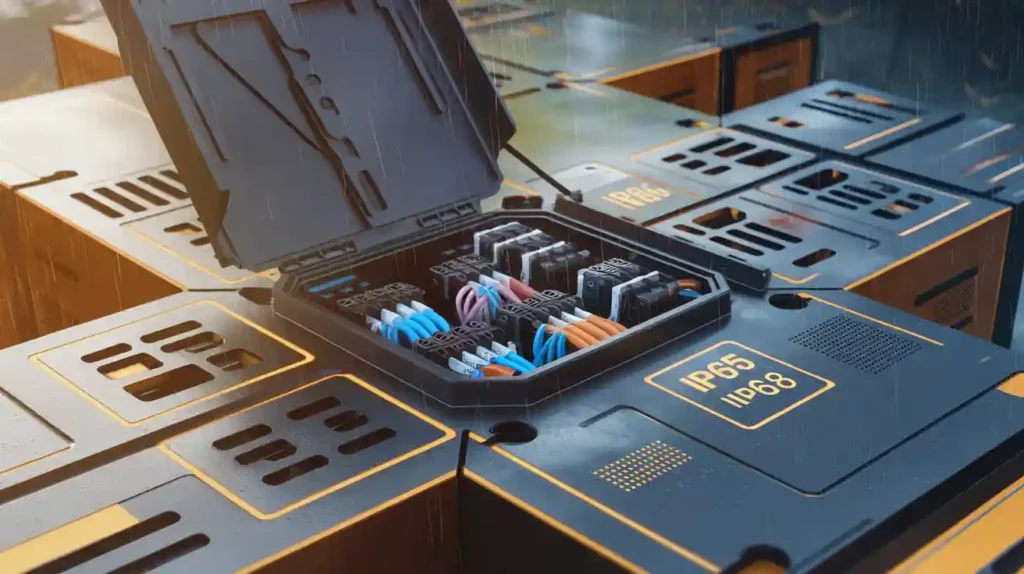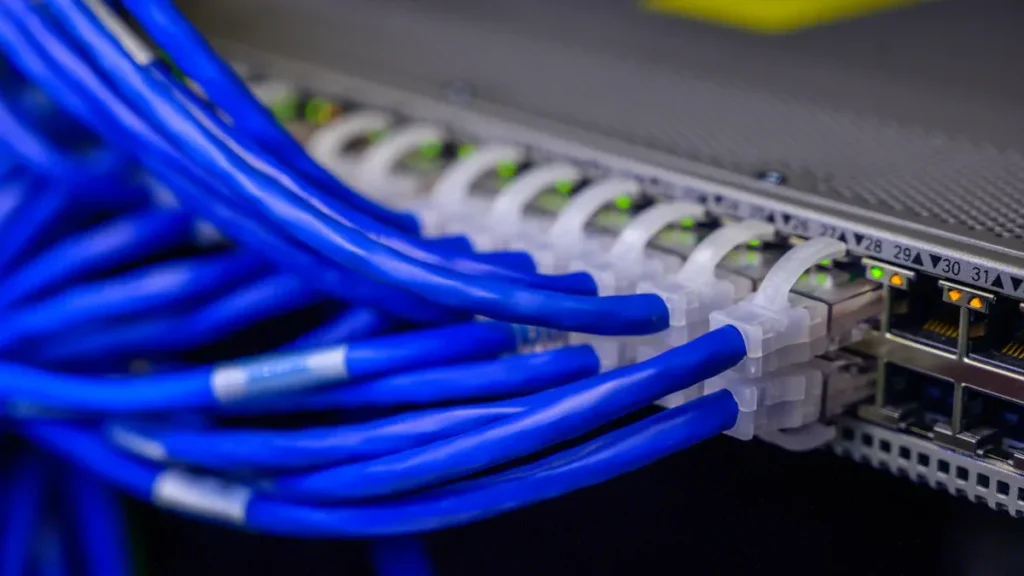You can make fiber splicing much easier with an indoor fiber termination box. The Wall Mount Termination Box with 4 External Adapters gives your fiber network a safe and tidy place. You get easy setup, clear cable paths, and strong protection for each fiber connection. This box works well in homes, villas, or small offices. If you want your fiber setup to stay neat and simple to care for, this solution is a good choice. The Fiber Optic Termination | Distribution Boxes help you keep every fiber safe and ready for splicing.
Key Takeaways
A wall-mount fiber termination box keeps fiber cables safe and neat. It helps you manage cables in homes and small offices. The box works with adapter types like SC, LC, FC, and ST. This gives you choices for different network setups. You can install it quickly by following the easy steps. This saves time and stops damage during fiber splicing. Good cable management inside the box stops mistakes. It keeps fibers tidy and makes fixing things easier. Strong materials and lockable covers keep your fiber network safe. They protect it from harm and people who should not get in.
What Is a Termination Box for Fiber Optic Cable?
A termination box for fiber optic cable is like the main center for your fiber network. It helps connect, protect, and organize all the cables. The FOTB-104 is a good example of this kind of box. This wall-mounted box has four adapter ports on the outside. It is made from strong cold rolled steel. The box is small and does not take up much space. You can use it in homes, villas, or small offices. It keeps your fiber connections neat and safe.
Core Functions
A termination box for fiber optic cable helps with many important jobs:
Fixing: The box holds the cable’s outer part and core. This keeps the cable in place and stops it from moving.
Splicing: You can join the fiber to a pigtail inside the box. You can also store extra fiber and keep the splice safe from harm.
Adjusting: The box lets you connect pigtail connectors to adapters. This makes it easy to plug in or take out cables. You can also test the optical path.
Storing: You can keep cross-connected optical fibers tidy. This helps the wires stay clear and bend the right way.
A termination box for fiber optic cable works like a main station. It connects, shares, and protects the optical fibers. This helps your network work well.
Key Features
The FOTB-104 fiber termination box has these main features:
Four adapter ports on the outside work with SC, LC, FC, or ST adapters. This gives you choices for different setups.
The cold rolled steel body is like a rust-proof safe. It keeps your fiber connections safe and strong.
The small, wall-mounted box saves space. It fits in small places.
The cover has a hinge, so you can open the box easily. This helps with setup or fixing.
Inside, there are guides and slots for heat shrink sleeves. These help you manage cables and protect each fiber splice.
You can use this box for low-density cabling. It is good for connecting three to five rooms in a home. It also works for linking a few devices in a small office.
Explore the Topfiberbox Outlet
Get your Wall Mount Termination Box with 4 adapter ports and 4 splices for secure, neat fiber management indoors.
Comparison With Other Solutions
There are different types of termination boxes for fiber optic cable. Here is a quick look at how the wall-mounted type compares:
Type | Design & Use | Best For | Key Features |
|---|---|---|---|
Wall-Mounted Type | Small, hangs on walls | Homes, offices, villas | Saves space, easy to reach |
Rack-Mounted | Fits in 19-inch racks | Data centers, telecom rooms | Holds more, controls in one place |
Outdoor/Dome-Shaped | Sealed, keeps out weather | Outside, underground | Very strong, holds a lot |
A wall-mounted fiber termination box like the FOTB-104 is easy to set up. It keeps cables neat and gives strong protection indoors. You can use it for FTTH, telecom, or business networks. It is not the same as an optical fiber splice box. That kind is mostly for outdoor or underground splicing.
Tip: If you want an easy and safe way to manage fiber in your home or office, a wall-mounted termination box for fiber optic cable is a smart pick.
Fiber Splicing Made Simple
Installation Steps
You can set up a fiber termination box fast if you follow some easy steps. This keeps your fiber network safe and neat. Here is a simple way to install your wall mount fiber termination box:
Gather Tools and Materials
You need a fiber termination box, fiber optic cables, adapters, cable cutters, strippers, labeling tape, cleaning agents, and gloves. These tools help you work with the fiber safely and keep things clean.Prepare the Cables
Look at each fiber cable. Cut them to the right size. Clean the ends with a cleaning agent. Put the cables aside so they stay clean.Mount the Box
Attach the fiber termination box to the wall. Make sure it is easy to reach. Use screws to hold it tight. Label the box so you know what it is.Connect the Cables
Match each fiber cable to the right port. Push the cables in gently so they do not bend. Use the guides inside to keep the optical fibers neat. Put each adapter in its place. Label each connection so you can find it later.Splicing and Termination
Use the heat shrink sleeve slots to keep each splice safe. Join the fiber to a pigtail if you need to. Make sure the splicing area is clean and tidy.Test and Maintain
Check each connection to make sure it is strong. Use a fiber optic power meter to test the signal. Plan to check the fiber termination box often to keep it clean and working well.
Tip: Always wear gloves when you touch optical fibers. This keeps the cables clean and stops damage during splicing or termination.
You can use these steps in homes, villas, or small offices. The wall mount design saves space and makes it easy to reach the fiber connections for later care.
Adapter Compatibility
You want your fiber termination box to fit many kinds of adapters. The FOTB-104 works with SC, LC, FC, and ST adapters. These are the most common types in fiber networks. This lets you connect different devices and upgrade your network without changing the box.
Industry rules like ANSI/TIA-568 and ISO/IEC 11801 help make fiber adapters. These rules make sure your fiber termination box will work with most optical fibers and network gear. You can trust your connections will stay safe and strong.
The four external adapter ports on the FOTB-104 give you choices for different setups. For example, you can use SC adapters for fast home internet or LC adapters for office networks. This makes the fiber termination box a good pick for many low-density cabling jobs.
Note: Always check the adapter type before you start splicing. This helps you avoid mistakes and keeps your fiber network working well.
Time and Effort Savings
You save a lot of time when you use a wall mount fiber termination box for fiber splicing. The design makes setup and care much easier than old ways. Here is a table that shows how much time you can save:
Aspect | Wall Mount Termination Box | Traditional Methods |
|---|---|---|
Installation Time | 1.85 hours (2 technicians) | Longer, more complex |
Cable Preparation | 2.0 hours (4 manhours) | More labor-intensive |
Labor Complexity | Max 2 technicians needed | More technicians required |
Accessibility | 360° open access | Limited access |
Cable Management | Simple, visible routing | Needs extra racks/trays |
Overall Time Savings | Significant | Less efficient |
You can finish fiber splicing faster because the box lets you reach all ports and cables. You do not need extra racks or trays for cable management. The cover with a hinge lets you get to the splicing area easily. This lowers the chance of hurting optical fibers during setup or care.
If you work in a small office, you can connect up to four devices without wasting time sorting messy cables. In a home, you can set up fiber for many rooms in one afternoon. The fiber termination box helps you keep every splice safe and every end easy to find.
Callout: Using a wall mount fiber termination box means you spend less time setting up and more time enjoying a fast, strong fiber network.
Fiber Termination Box Organization
Cable Management
You want your fiber network to look neat and be simple to use. The fiber termination box helps with this by using smart design. Inside the box, there are routing guides and cable slots. These guides hold each fiber in place. They stop the fibers from bending too much. The heat shrink sleeve slots keep the spliced joints safe. This makes sure every connection is tidy and protected.
Here is a table that shows how these features help with cable management:
Feature | Contribution to Cable Management |
|---|---|
Internal routing guides | Smooth and have no sharp edges. They stop cable damage. They help you group fibers for easy care. |
Cable routing slots | Keep cables in place without sharp bends. This keeps the right curve and stops fiber damage. |
Heat-shrink tubing | Covers and protects cable joints. It gives safe, insulated connections and keeps things neat. |
Binding guidelines | Use soft binding tapes, not cable ties. This keeps fibers safe and together without hurting them. |
If you put a fiber termination box in a two-bedroom home, you can send fibers to each room without a mess. In a small office, you can connect up to four devices. You can label every cable and find them easily.
Error Prevention
A neat termination box helps you make fewer mistakes. When you use clear routing guides and label each port, you lower the chance of mixing up fibers. The box design keeps cables apart. This stops you from connecting the wrong ones during setup or repairs.
Tip: Always label each fiber and adapter port. This helps you find the right one when you need to add or fix something.
In a villa, you might have many rooms with fiber outlets. The termination box helps you track each line. You will not unplug the wrong cable by mistake. This keeps your signal strong and your network working well.
Maintenance Access
You need to check and clean your fiber network sometimes. The hinge cover on the fiber termination box lets you get to all cables fast. You can open the box and look at each fiber. You can fix things without moving other cables.
Dust, dirty connectors, and bent fibers are common problems. The box keeps your network safe from these by keeping everything closed and neat. You can reach every part for cleaning and testing.
If you run a small office, you will like how the fiber termination box makes checks easy. You can see loose cables or weak signals quickly. This means less downtime and a stronger network.
Protection and Reliability
Material and Build
You want your fiber network to work for a long time. The material and build of the termination box are very important. The FOTB-104 is made from cold rolled steel sheet. It has a special spray that stops rust. This makes a strong home for your fiber splices and adapters. The box is like a safe for your fiber parts. The finish is smooth, so there are no sharp edges. This keeps your cables safe when you set up or use the box.
Here is a table that explains why cold rolled steel is a good pick for fiber termination boxes:
Property Category | Key Material Properties and Specifications |
|---|---|
Corrosion Resistance | Stops rust and electrical harm, keeps fiber safe. |
Mechanical Strength | Handles hard pulls and pressure, protects fiber from being crushed or bent. |
Surface Treatment | Special spray makes it even stronger. |
Service Life | Can last up to 20 years, great for indoor fiber. |
Compatibility | Works with SC, LC, FC, and ST adapters for many setups. |
You can count on this box to keep your fiber network safe and steady, even in busy places.
Environmental Resistance
Fiber inside your home or office can face many dangers. Things like water, dust, and changes in temperature can hurt your fiber. The FOTB-104 fiber termination box helps stop these problems. The box keeps out water and blocks dust. The steel body protects against bumps and hits. You can use this box in rooms that get humid or hot and cold.
Environmental Factor | Threat Description | How Termination Boxes Mitigate Risk |
|---|---|---|
Water can cause rust and weak signals | Sealed box keeps water out, protects fiber splices | |
Physical Damage | Bending or crushing can happen during use | Strong steel body keeps fiber safe from hits |
Temperature Variations | Heat or cold can hurt cables | Box works in many temperatures, keeps fiber steady |
Cable Strain | Pulling or twisting can break fiber | Inside guides hold and protect each fiber |
Rules like CE, ROHS, and IP ratings show the box is safe and strong. You can feel sure your fiber network will work well in many places.
Security Features
You need to keep your fiber safe from people who should not touch it. The FOTB-104 fiber termination box has a door you can lock and strong latches. Only you or people you trust can open the box. This stops others from getting in and keeps your fiber safe.
Lockable cover keeps out people who should not enter.
Strong steel body protects fiber from being hit.
Secure latches keep the door shut, even if bumped.
Tip: Always check the lock and latches after you set up the box. This helps your fiber network stay safe all the time.
With these safety features, you can trust your fiber to stay safe in homes, villas, or small offices. Your network stays strong, and your data stays private.
Choosing the Right Termination Box
Port Count and Application
When you choose a termination box for fiber optic cable, think about how many ports you need. The number of adapter ports tells you how many rooms or devices you can connect. A 4-port fiber termination box is good for a small home or villa. You can connect up to four rooms or devices with it. This saves space and does not waste any ports. In a small office, this setup lets you connect several workstations or network devices.
Here is a table to help you match port counts with your needs:
Number of Adapter Ports | Typical Application Scale and Environment | Suitability and Features |
|---|---|---|
Small spaces, utility rooms | Quick, tidy terminations | |
4 ports | Homes, villas, small offices | Flexible, space-saving |
12+ ports | Large offices, telecom rooms | High capacity, complex |
Most homes and small offices do well with a 4-port optical fiber termination box. You do not pay for extra ports you will not use. You still have space if you want to add more later.
You can also see the best port counts for different places in this chart:
Selection Tips
You want your fiber network to last and work well. Use these tips to pick the best termination box:
Choose a wall-mounted termination box for fiber optic cable if you do not have much space.
Make sure the box fits the number of fibers you need now and later.
Pick a strong material like cold rolled steel for better protection.
Look for easy cable management features, such as routing guides and splicing trays.
Check that the box works with the adapters you use, like SC, LC, FC, or ST.
Label all cables and ports so you can find them easily.
Plan to clean and check your box often to keep your fiber safe.
Tip: Do not make mistakes like messy cables, missing labels, or bending the fiber too much. These steps help your fiber network stay strong and easy to fix.
Cost and Warranty
You want a fiber termination box that fits your budget and gives you peace of mind. Most wall mount boxes for small indoor use cost between $1.59 and $5.70. The price depends on how many ports and features the box has. Here is a quick price guide:
Product Description | Port Count | Price (USD) | Notes |
|---|---|---|---|
Wall Mountable Fiber Termination Box | 4 | $3.95 | Indoor/outdoor, waterproof |
4 Splice Fiber Termination Box, 4 Adapter Slot | 4 | $4.30 | Indoor use |
FTTH Terminal Box with 4 SC Outlet, 4 Splices | 4 | $1.59 | Indoor use |
2 Cores Fiber Reservation Box, FTTH, Indoor | 2 | $4.20 | Indoor use |
6 Port Fiber Termination Box for FTTX, 8 Splices | 6 | $5.70 | Indoor use |
Most companies give you at least a 1-year warranty for a termination box. Some brands let you pay a little more to get a longer warranty. Always check the warranty before you buy. A good warranty covers problems and helps you get repairs or a new box if needed.
Note: The FOTB-104 fiber termination box comes with a 2-year warranty. This gives you extra peace of mind when you buy it.
A wall mount termination box helps you manage fiber splicing with less effort. You keep your fiber connections organized and safe from damage. To choose the right box for your fiber optic network, follow these expert steps:
Check your fiber installation environment and capacity needs.
Make sure the box fits your space and supports your fiber connectors.
Pick a strong, easy-to-maintain box for future fiber upgrades.
You can plan your next move by talking to a supplier, asking for a sample, or preparing for a fiber upgrade.
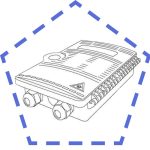 Fiber Optic Termination Boxes
Fiber Optic Termination Boxes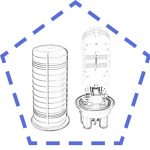 Fiber Optic Splice Enclosures
Fiber Optic Splice Enclosures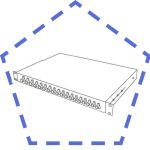 Fiber Patch Panels
Fiber Patch Panels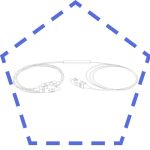 PLC Splitters
PLC Splitters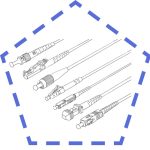 Fiber Optic Pigtails
Fiber Optic Pigtails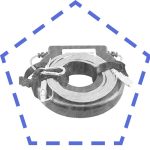 OTDR Launch Cables
OTDR Launch Cables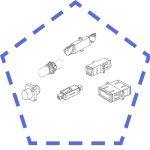 Fiber Optic Adapters
Fiber Optic Adapters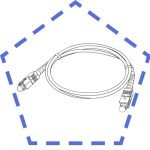 Fiber Optic Patch Cords
Fiber Optic Patch Cords
